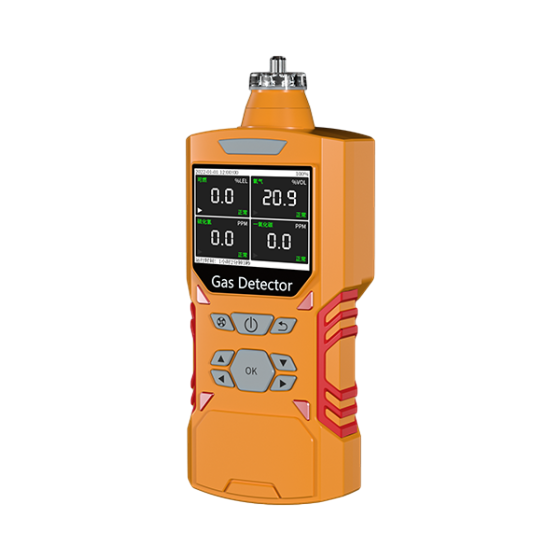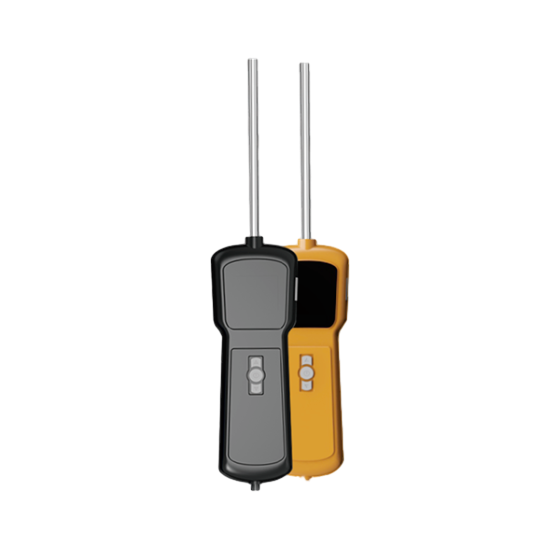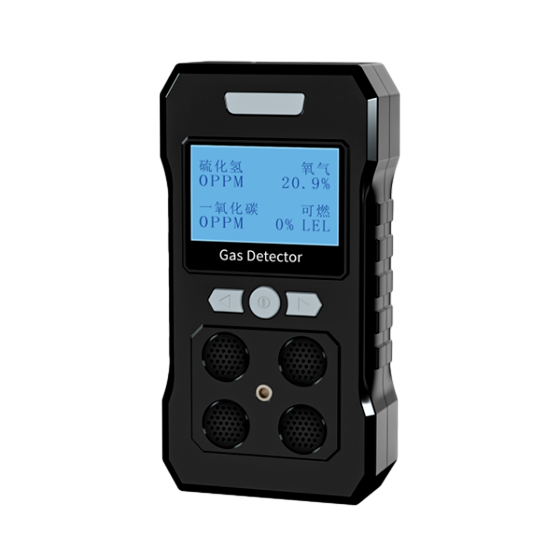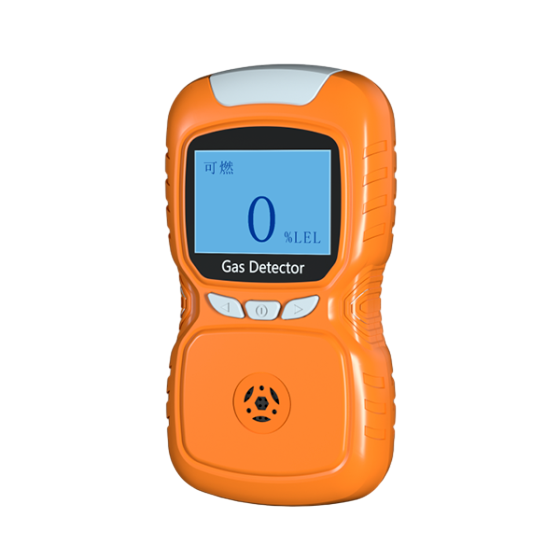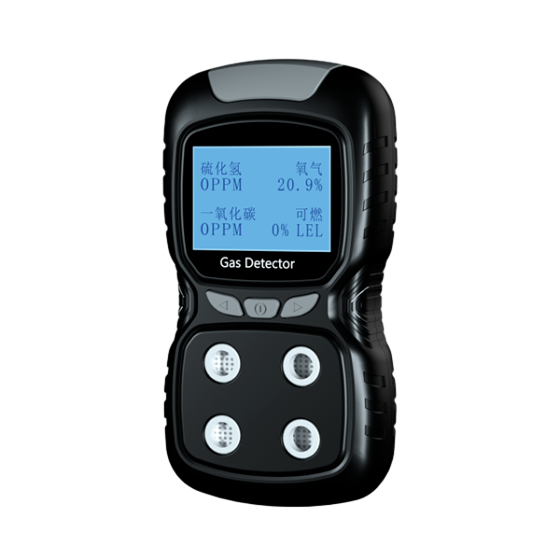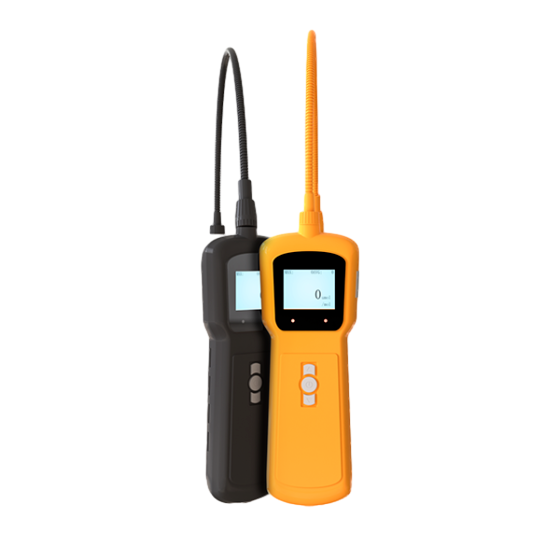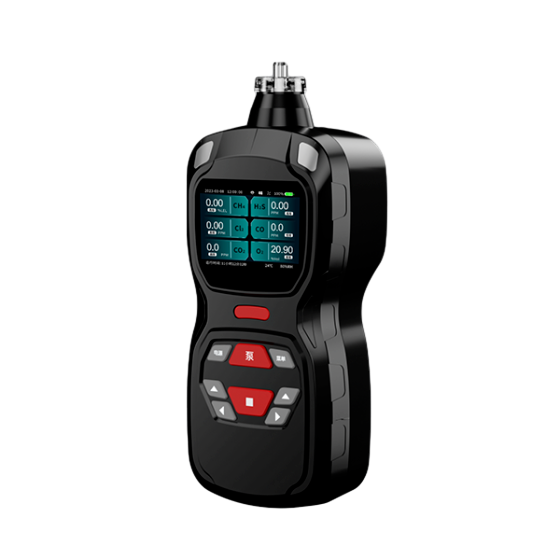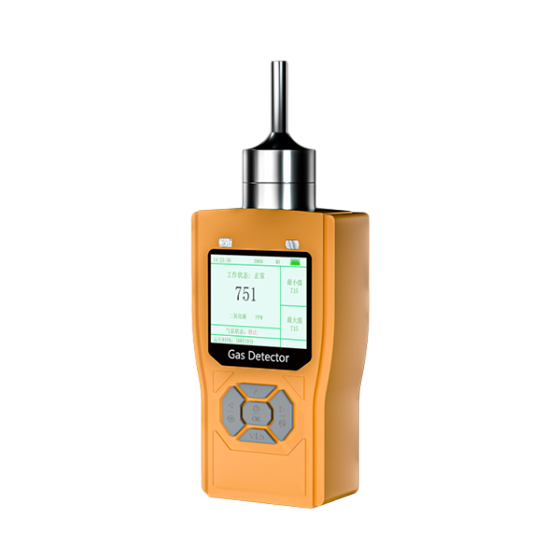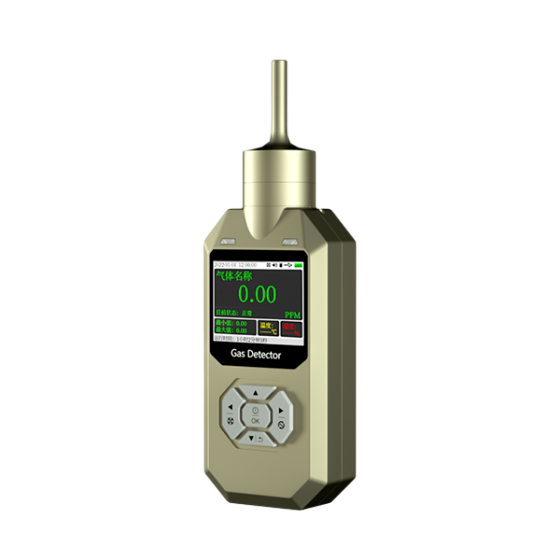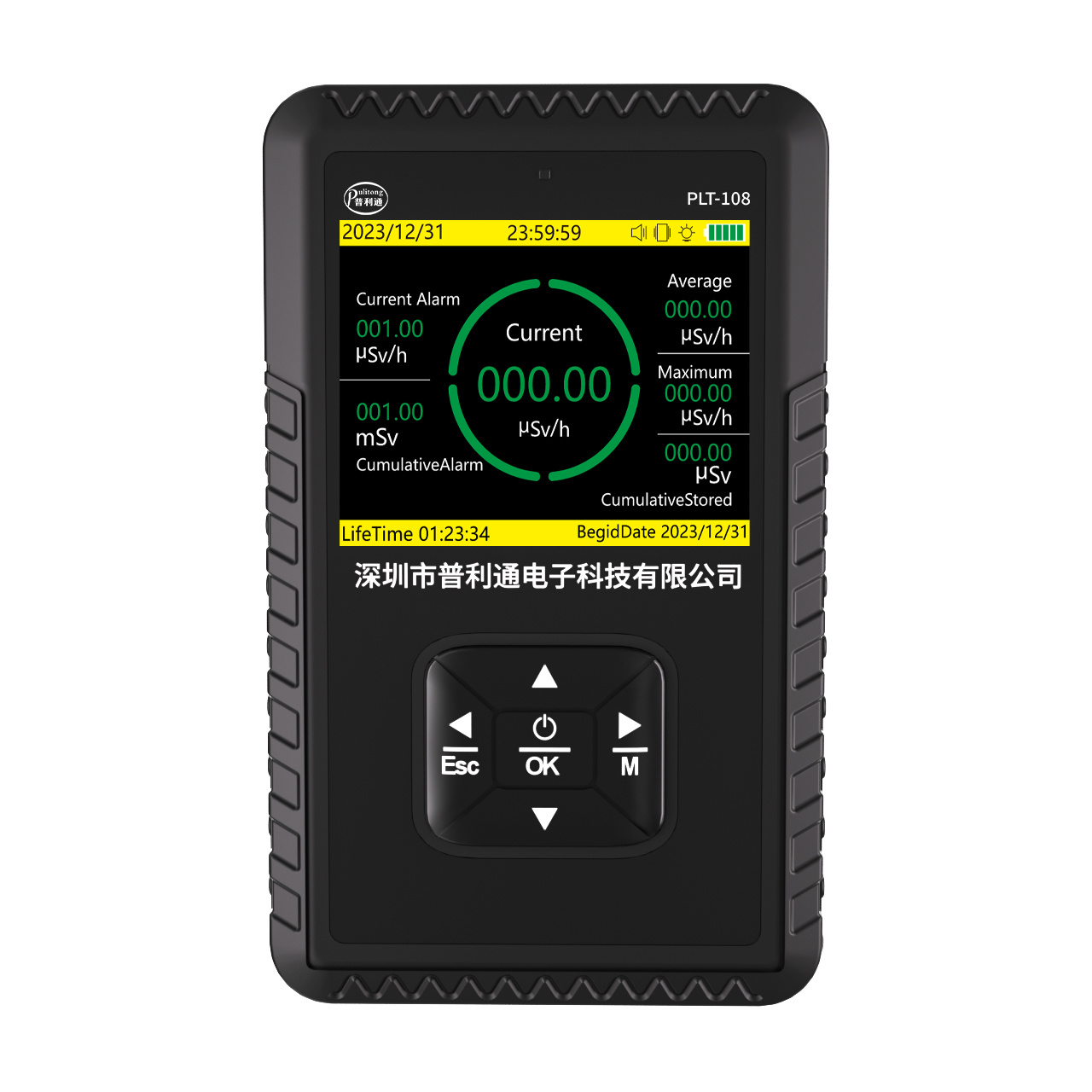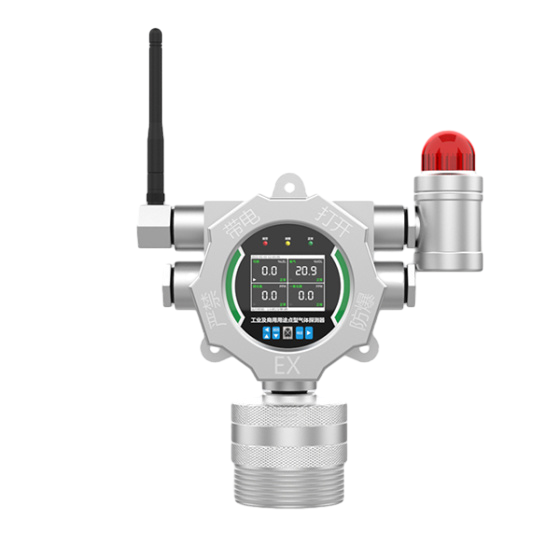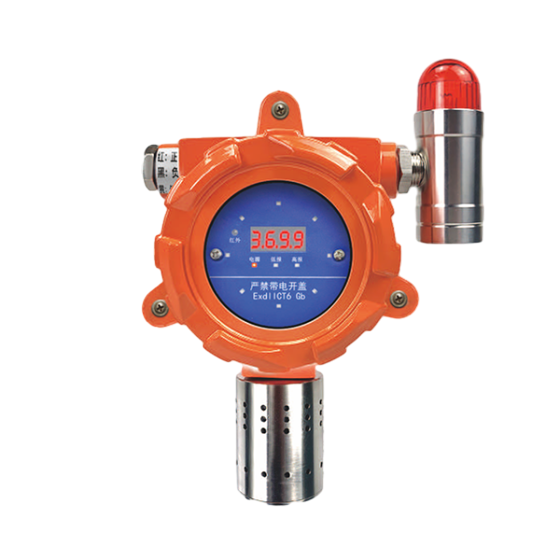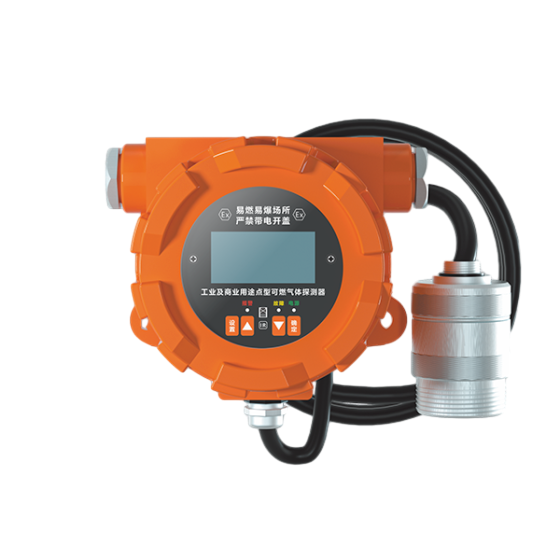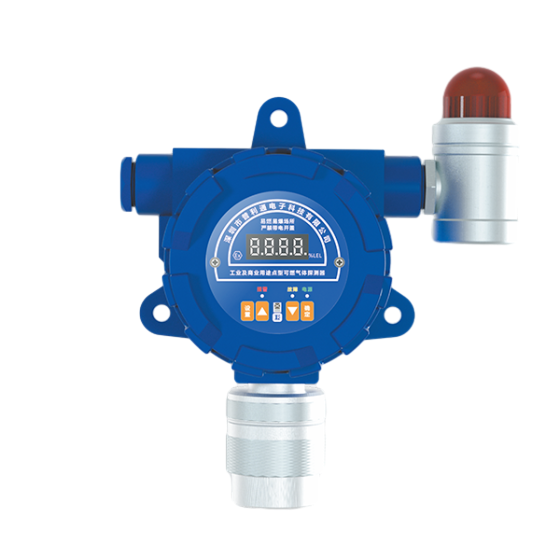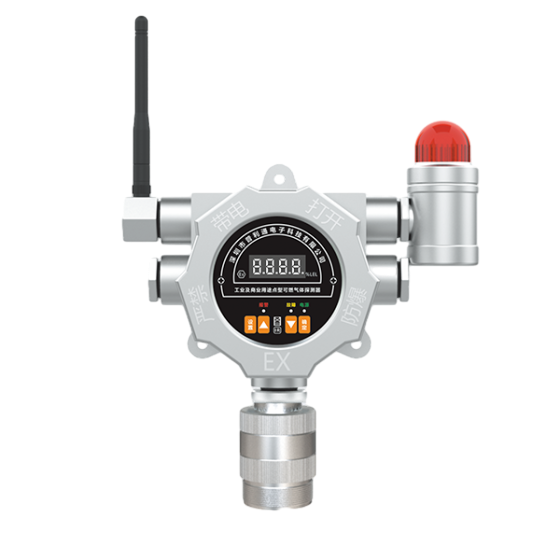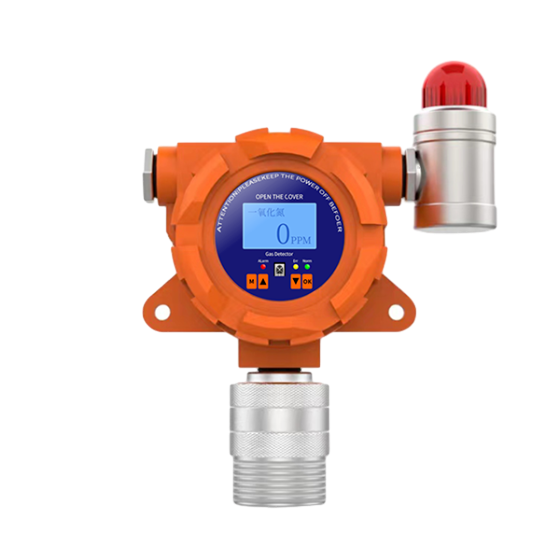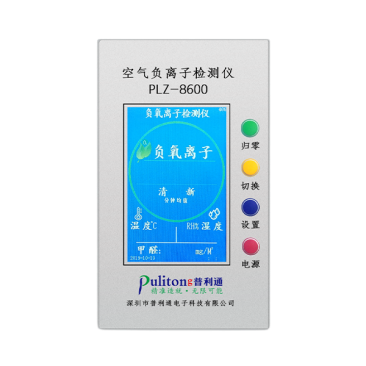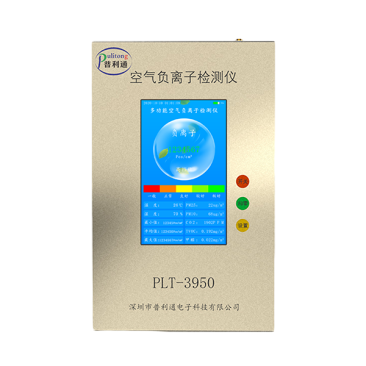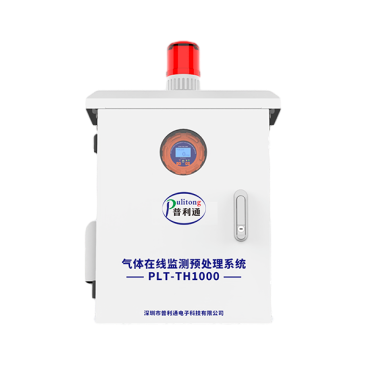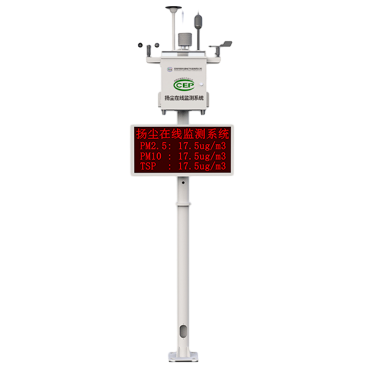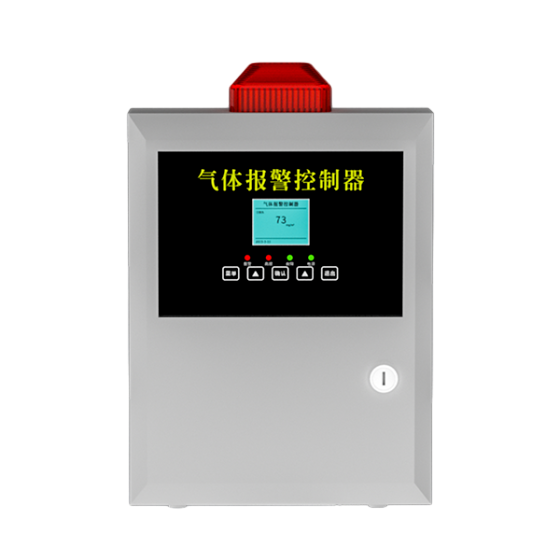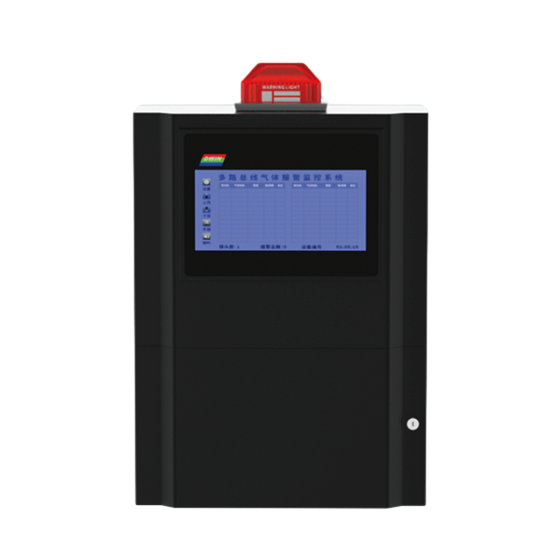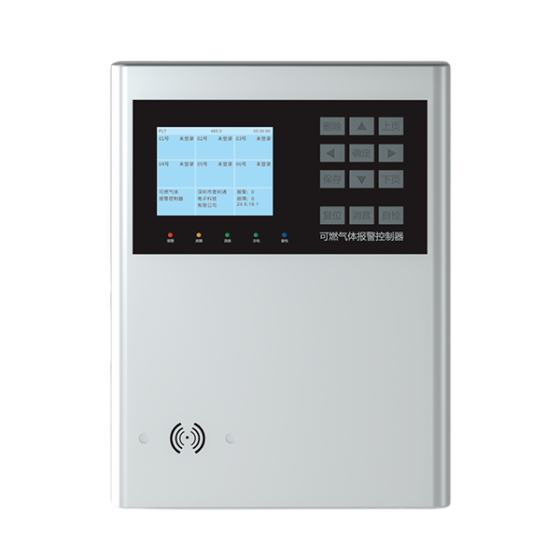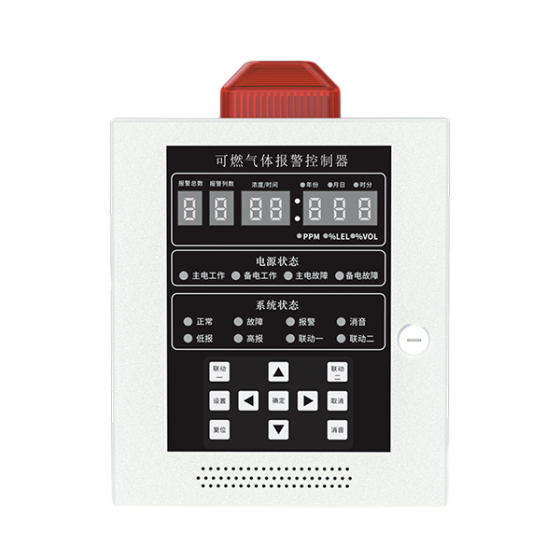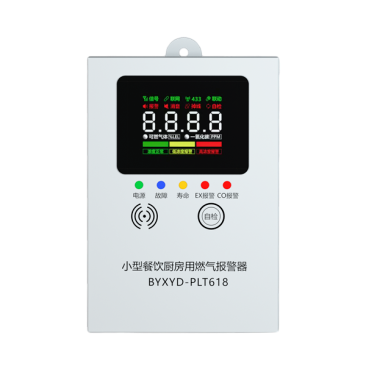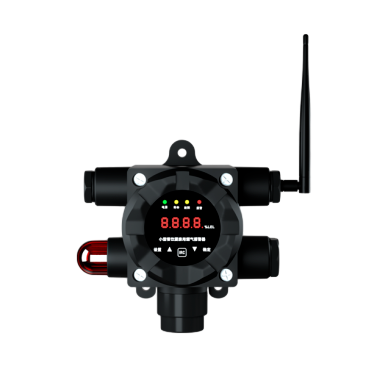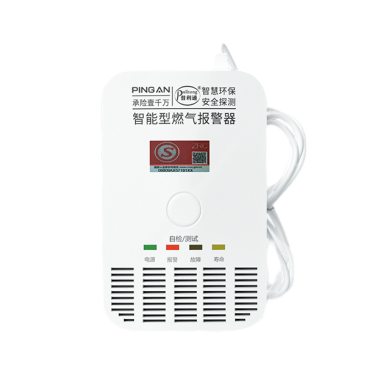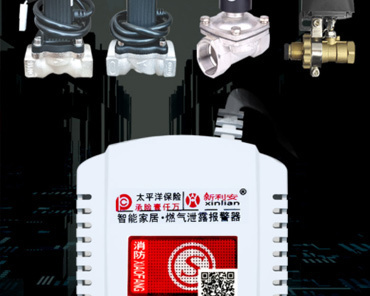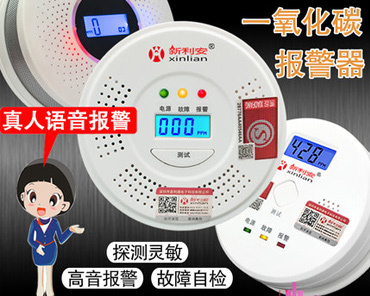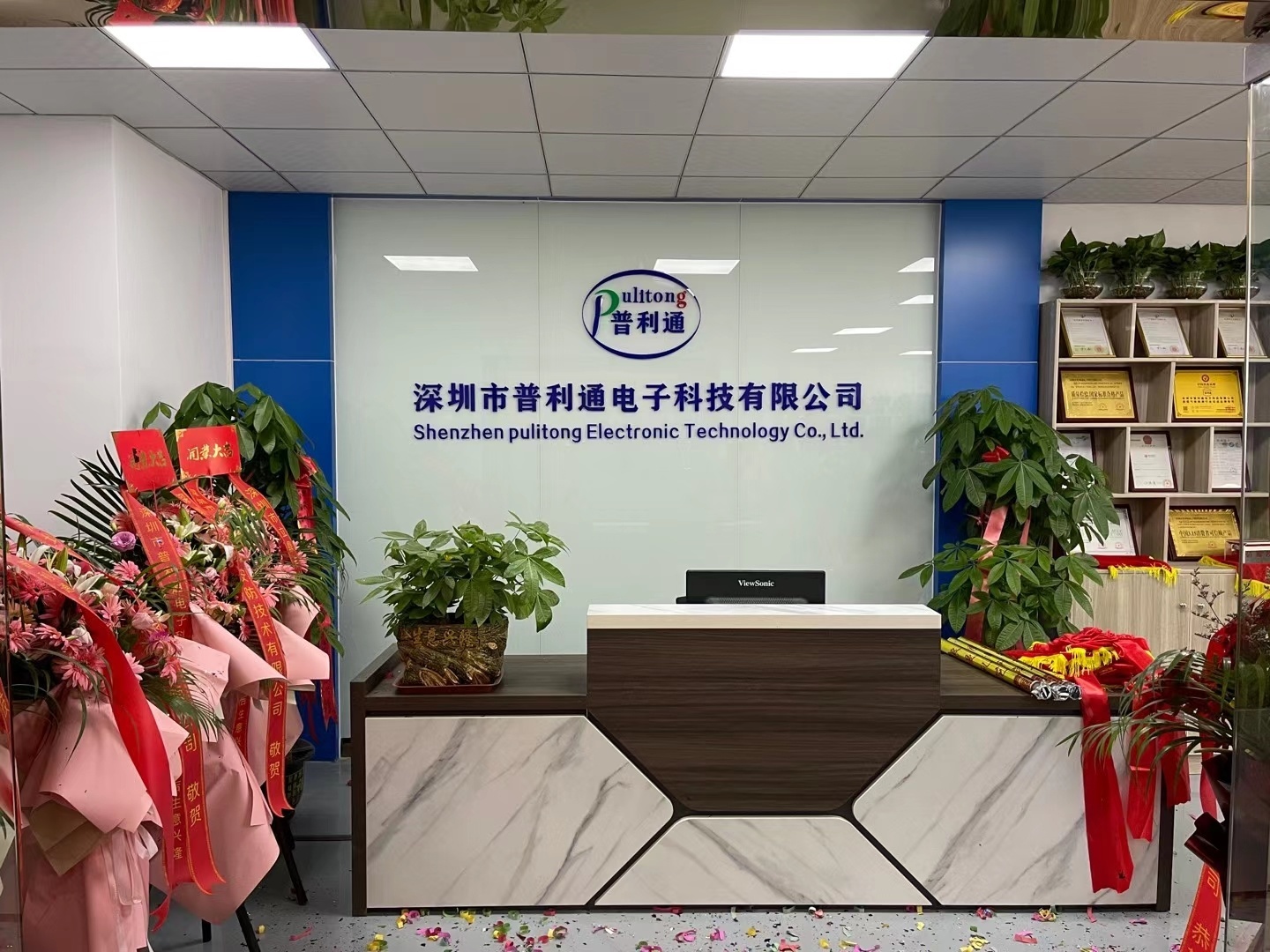Why Upgrading Your Gas Alarm Controller is Essential for Safety and Efficiency
2025-07-22
Why Upgrading Your Gas Alarm Controller is Essential for Safety and Efficiency
Your Safety Matters: The Importance of Reliable Gas Alarm Systems
When it comes to protecting lives and property, a robust gas alarm system is paramount. Gas leaks can lead to catastrophic consequences, including explosions and health hazards. Therefore, having a reliable gas alarm controller is not just a precaution; it’s a necessity. However, as technology advances, existing systems may become outdated, leading to inefficiencies and a greater risk of failure.
Understanding Gas Alarm Controllers: An Overview
Gas alarm controllers are devices designed to detect the presence of hazardous gases, such as carbon monoxide, methane, and propane. They play a vital role in both residential and commercial properties by alerting occupants to potential dangers.
How Gas Alarm Controllers Work
Gas alarm controllers utilize sensors that detect specific gases in the environment. When gas levels exceed safe thresholds, the controller triggers an alarm, providing critical time to evacuate and take necessary actions. Modern systems integrate advanced technologies, enabling features such as remote monitoring and automated alerts.
Key Components of Gas Alarm Systems
1. **Gas Sensors**: Detect specific gas concentrations.
2. **Control Panel**: Central unit that processes sensor data and triggers alarms.
3. **Alarm Systems**: Audible and visual alerts to warn occupants.
4. **Power Supply**: Ensures continuous operation, even during power outages.
Why You Should Consider Upgrading Your Gas Alarm Controller
The decision to upgrade your gas alarm controller hinges on several critical factors. Below, we explore the most compelling reasons to make this essential improvement.
Enhanced Detection Capabilities
**Modern gas alarm controllers** come equipped with advanced sensors that provide faster and more accurate detection of gas leaks. Upgrading ensures that you can identify potential hazards before they escalate into dangerous situations.
Integration with Smart Home Technology
Today, many gas alarm systems offer seamless integration with smart home technologies. This connectivity allows homeowners to monitor gas levels remotely via smartphones or tablets, receiving real-time alerts even when they are away from home.
Improved User Interface and Features
Upgraded systems often feature user-friendly interfaces, making it easier for users to navigate settings and understand alerts. Some models even offer voice alerts, ensuring that occupants receive notifications in a clear and understandable manner.
Compliance with Current Safety Standards
Safety regulations are constantly evolving. Older gas alarm systems may not meet the latest safety standards, putting you at risk of non-compliance. Upgrading allows you to remain compliant, ensuring the safety of your household or workplace.
Longer Lifespan and Reliability
As technology advances, older systems can become less reliable. By upgrading your gas alarm controller, you ensure a longer lifespan for the system, minimizing the need for frequent repairs or replacements.
The Benefits of Upgrading Your Gas Alarm Controller
Upgrading your gas alarm controller offers numerous benefits that go beyond mere detection capabilities. Let’s delve into the advantages of modern systems.
Increased Safety and Peace of Mind
The primary goal of any gas alarm system is to enhance safety. An upgraded controller provides more accurate readings and quicker response times, offering peace of mind for homeowners and business operators alike.
Cost-Effectiveness and Energy Efficiency
Although upgrading may seem like a significant investment, the long-term cost savings are substantial. New models are often designed with energy-efficient components, leading to lower utility bills over time.
Reduced False Alarms
One of the common issues with older gas alarm systems is the prevalence of false alarms. Modern controllers leverage advanced algorithms to differentiate between actual threats and harmless conditions, thereby reducing unnecessary disruptions.
Remote Monitoring and Alerts
Many upgraded gas alarm systems feature remote monitoring capabilities, allowing you to keep an eye on your environment from anywhere. Receive instant notifications on your smartphone if gas levels become dangerous, providing an additional layer of safety.
How to Choose the Right Gas Alarm Controller for Your Needs
Choosing the right gas alarm controller can be overwhelming given the myriad of options available. Here’s a guide to help you select the best system for your requirements.
Assess Your Specific Needs
Start by evaluating your specific environment. Are you looking to protect a residential space, a commercial establishment, or an industrial facility? Each setting has unique needs that should dictate your choice.
Sensor Types and Compatibility
Ensure that the gas alarm controller you select has the appropriate sensors for the gases relevant to your environment. For instance, if you deal with natural gas, ensure compatibility with methane sensors.
Evaluate Features and Capabilities
Consider features such as smart technology integration, alert systems, and user interfaces. The more features your gas alarm controller has, the more effectively it can serve your safety needs.
Read Customer Reviews and Ratings
Before making a purchase, read customer reviews and ratings. Feedback from other users can provide valuable insights into the system’s reliability and effectiveness.
Consult with Professionals
If you are unsure which gas alarm controller to choose, consult with professionals in the industry. They can provide tailored recommendations based on your specific requirements.
Common Misconceptions About Gas Alarm Controllers
Despite their importance, several misconceptions surround gas alarm controllers. Let’s address a few of them.
Myth: A Gas Alarm is Only Necessary in Industrial Settings
While industrial settings have higher risks, gas alarms are equally crucial in residential environments. Gas leaks can occur anywhere, making alarms essential for all types of properties.
Myth: Upgrading is Not Worth the Cost
The initial investment in upgrading your gas alarm controller can lead to significant long-term savings and a greater assurance of safety. The cost is dwarfed by the potential consequences of failing to address gas leaks.
FAQs
1. How often should I upgrade my gas alarm controller?
It is advisable to assess your gas alarm system every five years. However, if you notice performance issues or your system is outdated, consider upgrading sooner.
2. What are the signs that my gas alarm controller needs replacement?
Signs include frequent false alarms, outdated technology, lack of modern features, or failure to meet current safety standards.
3. Can I install a gas alarm controller myself?
While some models are designed for DIY installation, consulting a professional ensures proper setup and compliance with safety regulations.
4. How do I maintain my gas alarm controller?
Regularly check the batteries, clean the sensors, and perform routine tests to ensure functionality. Follow manufacturer guidelines for specific maintenance recommendations.
5. Are smart gas alarm controllers worth the investment?
Yes, smart gas alarm controllers offer extensive benefits, including remote monitoring, reduced false alarms, and enhanced safety features, making them a worthwhile investment.
Conclusion
Upgrading your gas alarm controller is not merely a recommendation; it is essential for ensuring safety and efficiency in your environment. With advances in technology, modern gas alarm systems provide enhanced detection, compliance with safety standards, and features that cater to today’s needs. By investing in an upgraded gas alarm controller, you are making a proactive choice for the safety of your loved ones or employees. As we continue to navigate an increasingly complex world, let’s prioritize safety and embrace the benefits that come with modern gas alarm technology.
Related Info
Combustible gas alarm maintenance
2020-07-03
2021-01-14








